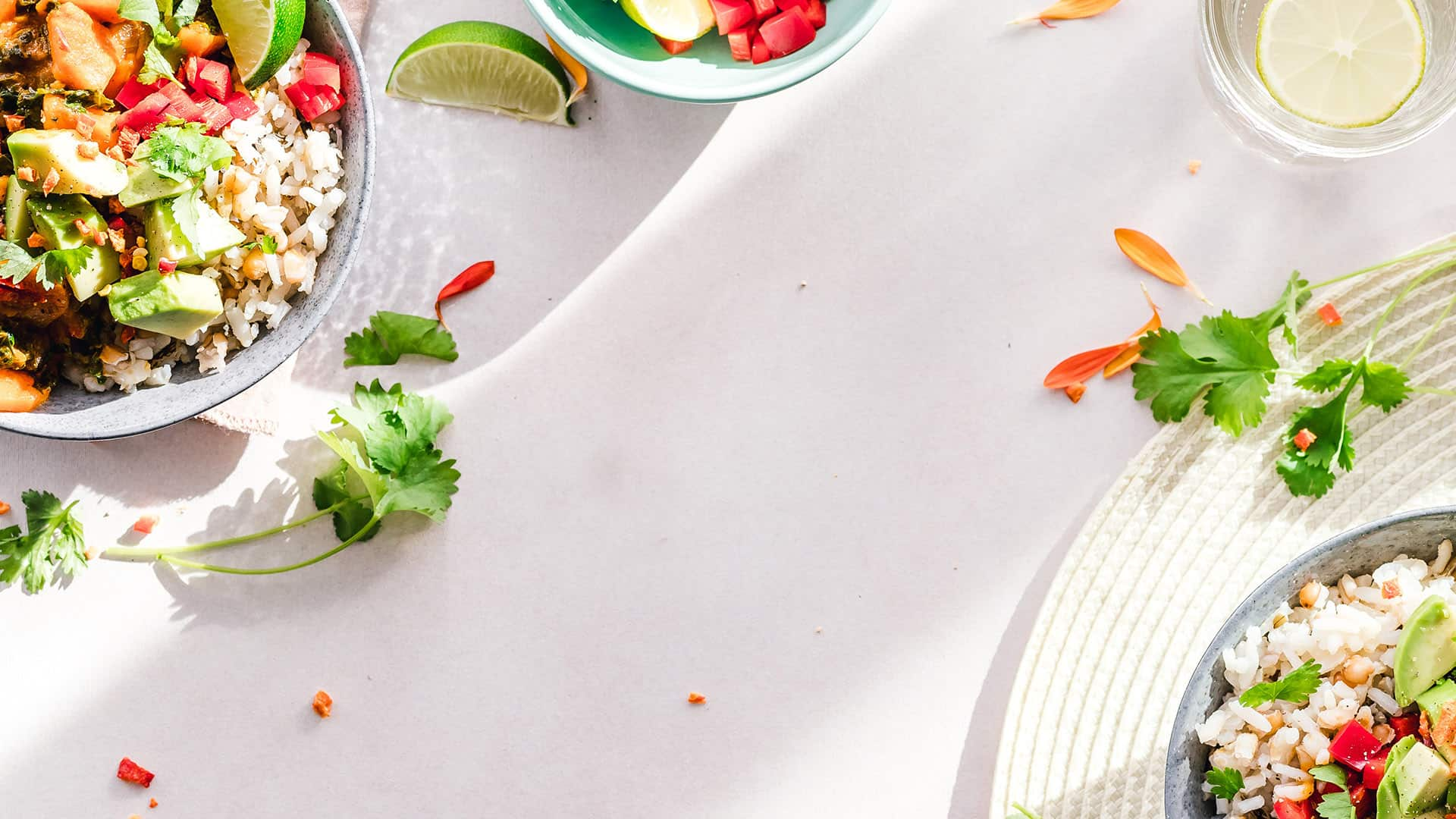

Mandarin trees in good herbaceous company
A recent study supported by the EU-funded ‘Diverfarming’ project has reaffirmed the benefits of crop diversification as a way to make crop farming sustainable while also protecting the environment.
Europe’s drive to achieve higher crop yields at lower costs in recent decades has led to intensive monocrop farming systems focusing on the cultivation of a single crop year after year on the same land. Heavily reliant on agrochemicals such as pesticides and external energy sources such as fossil fuels, monocropping has led to water pollution, depleted nutrients in the soil, high greenhouse gas emissions and biodiversity loss.
As an alternative to intensive monoculture, crop diversification – and in particular intercropping that involves growing at least two different crops at the same time on the same land – is said to have many advantages. In particular, intercropping practices that combine tree crops with herbaceous crops covering otherwise bare alleyways between the trees are known to promote soil health, reduce pests, weeds and diseases, contribute to biodiversity and reduce emissions. These are just some of the benefits. However, such practices are still scarcely adopted in the Mediterranean region.
Why such reluctance, given the obvious benefits? Well, there is a misconception that intercrops – the herbaceous crops grown between the trees – could negatively affect the trees’ production since they compete with these trees for water and nutrients. Aiming to help dispel such a misconception, the Diverfarming researchers monitored the intercropping practices implemented in a traditional mandarin orchard in south-east Spain for 3 years to assess their impact on the environment and on farmers’ profits.
The trial took place on a 2.3ha commercial citrus farm in the Region of Murcia, in an orchard containing 970 mandarin trees. The research team compared the environmental footprint and economic performance of traditional Mediterranean mandarin monoculture with bare alleyways to those of two different intercropping systems. The first was mandarin with an intercrop rotation of broad beans grown from September to December-February and a mix of barley and vetch from January-February to June each year. The second system was mandarin with broad beans grown from September 2018 to January 2019, purslane from May to July 2019 and cowpea from June to September 2020.
The environmental footprint results showed that although including these intercrops increased the cultivated surface area, this does not imply any additional detrimental effects, such as resource depletion, acidification, eutrophication or contribution to global warming. The economic analysis did indicate that intercropping may result in extra production costs, mostly related to higher labor demand. “However,” the study reports, “the correct choice of intercropping practices can bring economic advantages. In fact, our results showed that mandarin crop with purslane and fava bean as intercrops could be profitable and reduce the farmer’s risk to crop price volatility. Consequently, considering all the potential environmental and economic benefits of the intercropping practices reported in the literature, the studied diversified systems are recommended to move toward more sustainable but still profitable agricultural systems.”
The study was conducted by researchers from Diverfarming (Crop diversification and low-input farming across Europe: from practitioners engagement and ecosystems services to increased revenues and chain organisation) project coordinator Technical University of Cartagena, Spain. The results were published in the journal ‘Agriculture’.
If you have any questions or would like to get in touch with us, please email
info@futureofproteinproduction.com






